Professors Martin Gilens (Princeton University) and Benjamin I. Page (Northwestern University) looked at more than 20 years worth of data to answer a pretty simple question: Does the government represent the people?
Their study took data from nearly 2000 public opinion surveys and compared it to the policies that ended up becoming law. In other words, they compared what the public wanted to what the government actually did. What they found was extremely unsettling: The opinions of the bottom 90% of income earners in America has essentially no impact at all.
This video gives a quick rundown of their findings — it all boils down to one simple graph:
Gilens & Page found that the number of americans for or against any idea has no impact on the likelihood that congress will make it law.
“The preferences of the average American appear to have only a miniscule, near-zero, statistically non-significant impact upon public policy.”
One thing that does have an influence? Money. While the opinions of the bottom 90% of income earners in America have a “statistically non-significant impact,” Economic elites, business interests, and people who can afford lobbyists still carry major influence.

